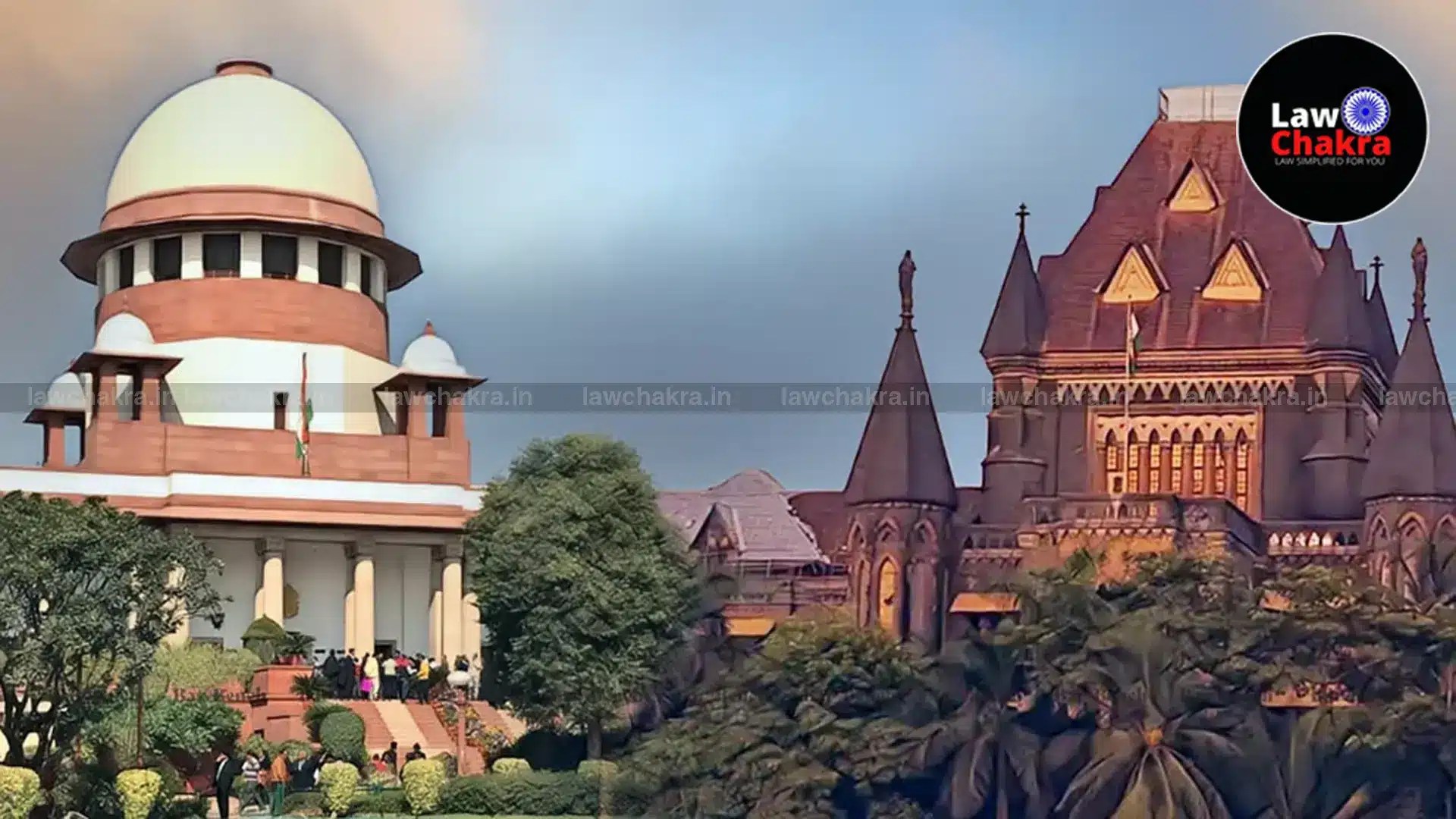Supreme Court Split Verdict In International Tax Case Involving Foreign Drilling Firms, Larger Bench To Decide

Thank you for reading this post, don’t forget to subscribe!
The Supreme Court delivered a split verdict on the Revenue’s appeal against a Bombay HC ruling in a high-stakes tax dispute involving foreign drilling companies. Conflicting views on Sections 144C and 153 of the Income Tax Act now push the matter to a larger bench.
New Delhi: On August 8, the Supreme Court on Friday delivered a split verdict in a significant case related to international taxation. The matter involved an appeal by the Assistant Commissioner of Income Tax against a 2023 judgment of the Bombay High Court.
The case concerned foreign drilling companies, including Shelf Drilling Ron Tappmeyer Ltd.
ALSO READ: Centre Appoints 7 New Judges to Gujarat High Court – Boost to Judiciary Strength!
The dispute revolved around the interpretation of Sections 144C and 153 of the Income Tax Act, 1961, which deal with timelines and procedures for tax assessment in cases involving non-resident taxpayers.
The main legal question was whether the time limit under Section 144C for issuing draft assessment orders should be counted separately or whether it should be included within the total time period set under Section 153 for completing assessments.
A two-judge bench comprising Justice B.V. Nagarathna and Justice Satish Chandra Sharma gave differing opinions on this crucial issue.
Justice Nagarathna dismissed the Revenue Department’s appeal. She agreed with the Bombay High Court’s earlier finding that the assessment proceedings under Section 144C in these cases were time-barred.
She noted that the final orders could not be passed even within the extended deadline of September 30, 2021.
On the other hand, Justice Sharma took the opposite view. He allowed the Revenue’s appeals, holding that Sections 144C and 153 “operate in a coordinated manner and must be interpreted harmoniously.”
He further observed that a
“rigid interpretation of timelines under Section 153 could result in a denial of fair opportunity to the assesses and breach the principles of natural justice.”
Because of these conflicting decisions, the case will now be sent to the Chief Justice of India on the administrative side, so that it can be assigned to a larger bench for a final decision.
The appeals before the Supreme Court arose from a batch of petitions filed by non-resident assessees in the Bombay High Court. These petitions were allowed by the High Court through a common judgment dated August 4, 2023.
The companies involved were engaged in offshore drilling activities. For the assessment year 2014–15, they had opted out of the presumptive taxation scheme under Section 44BB and instead declared substantial losses in their tax returns.
The Revenue Department challenged these decisions, bringing the matter to the Supreme Court. Now, with the split verdict, the future of the case will depend on the larger bench’s interpretation of how the timelines under Sections 144C and 153 should work in cases involving non-resident assessees.
Click Here to Read Our Reports on International Tax

